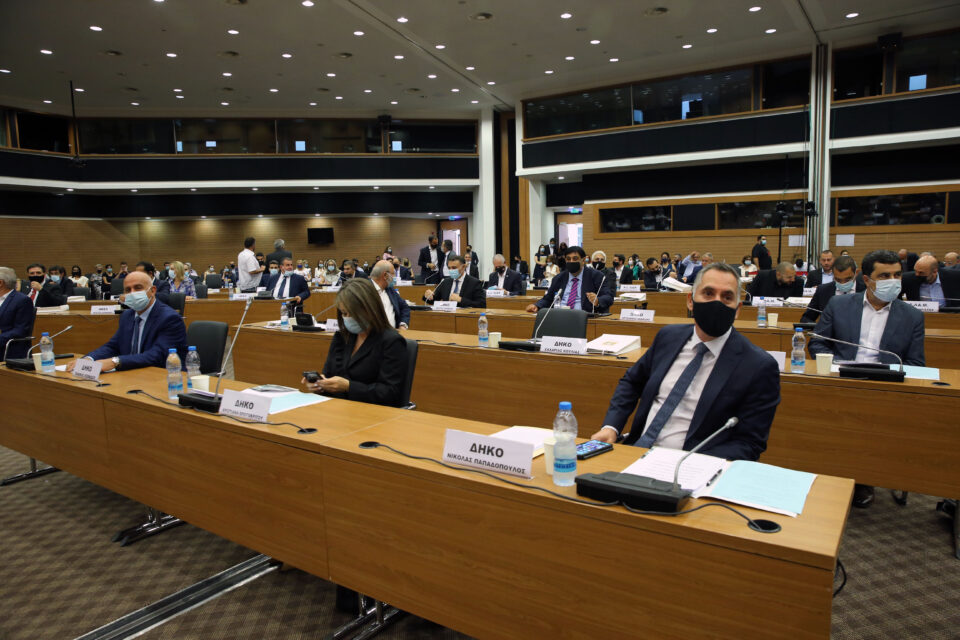After much ado, a bill paving the way for state-guaranteed loans to businesses stricken by the pandemic is expected to be put to the vote early next month, the House finance committee agreed on Monday.
The committee finished discussion of the bill Monday, which is expected to be put to the vote on November 4.
The deadline for implementation of the scheme is December 31, 2021.
The bill providing banks with incentives to afford loans to businesses that were viable at the end of 2019 but have since been affected by the pandemic was passed by parliament in April this year.
The European Commission, however, asked Cyprus to make certain amendments so that it could comply with EU rules.
Akel MP Aristos Damianou said MPs understood that the bill must go to plenum as soon as possible, but at the same time he expressed concern that its provisions were weak as regards oversight.
“First, because the committee itself that will be created is renamed from oversight committee to information committee, and not without reason,” he said.
Damianou added that the committee will only be informed after the fact no less.
“There are transparency issues, there are issues of failure to exercise substantive oversight, but this is an aspect we will be monitoring and intervene if possible as part of parliamentary supervision,” he said.
The amendments concern compatibility with state aid rules, and replacing the oversight committee, as well as removing the participation of two Central Bank officers.
The committee will now be made up by a treasury officer and a finance ministry officer.
Its scope would be to be informed in relation with the implementation of the scheme. It cannot intervene in the banks’ decision-making process.
The scheme was first introduced by the government mid last year after the outbreak of the coronavirus pandemic in a bid to help viable businesses stay afloat.
It was temporarily shelved by the government because opposition parties wanted to include the auditor-general in the oversight committee, as well as other clauses that made it unenforceable.







Click here to change your cookie preferences